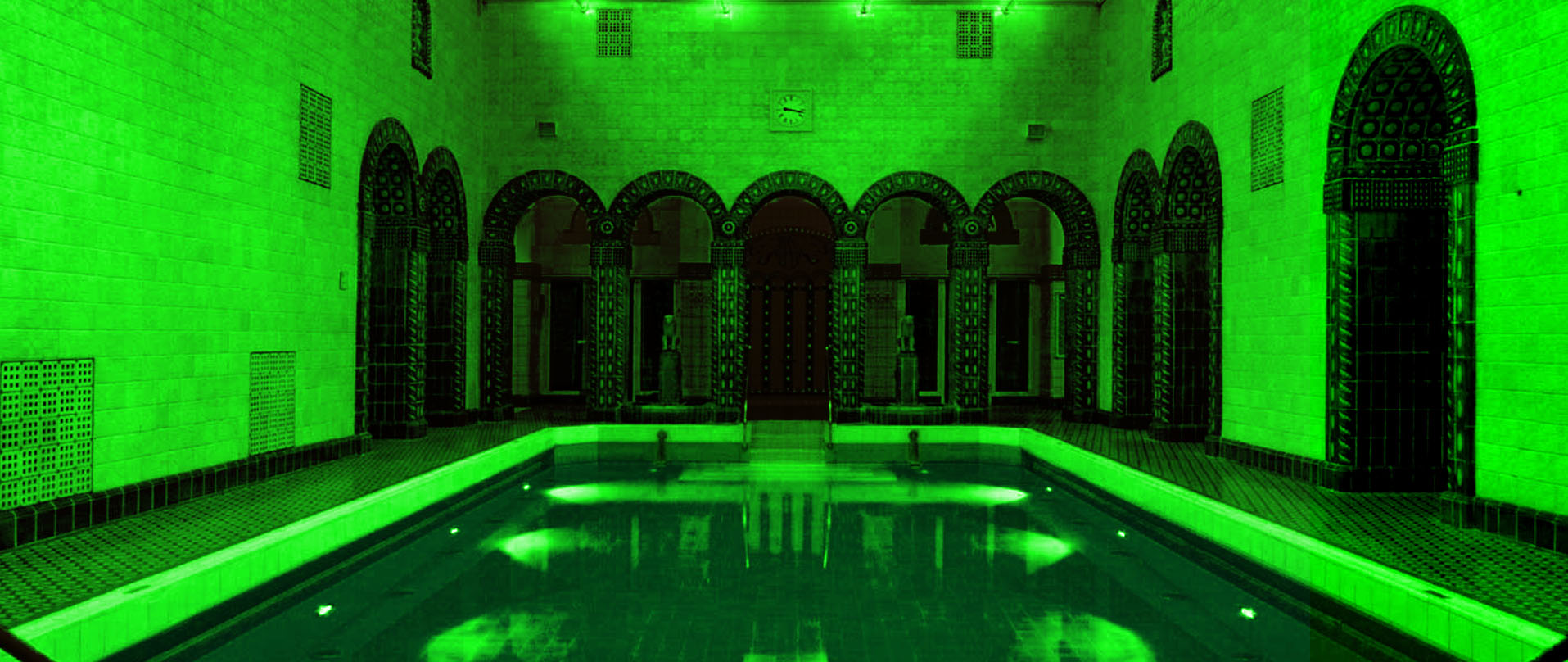SYMPOSIUM
OMAS, BABAS, BABUSHKAS – GENDER & AGEING IN EUROPEAN CINEMA
Europe is ancient – yet the ageing of the population is manifesting quite differently in Eastern and Western Europe. Similarly, the process of ageing differs between men and women. This year’s Symposium, curated by Boglárka Angéla Farkas, Asja Makarević and Andrea Virginás, sheds light on these differences and focuses on the representation of female ageing in Eastern European cinema. Fourteen feature-length films and three shorter contributions as supporting films will be shown.
The Symposium is part of the Cinema Archipelago section, funded by the Kulturfonds Frankfurt RheinMain, and cooperates with the interdisciplinary research project AGE-C: Ageing and Gender in European Cinema. Researchers of gerontology, care studies, film studies as well as representatives from the film industry will discuss questions of gender and ageing in European cinema in lectures and panels, with “family” and “care” serving as key concepts.
Lectures & Panels:
Heimathafen im Alten Gericht Fri. 25.04. to Sun. 27.04.
All presentations and panels will be held in English.
Free admission
The film program of the symposium will take place from 24.04 – 27.04!


